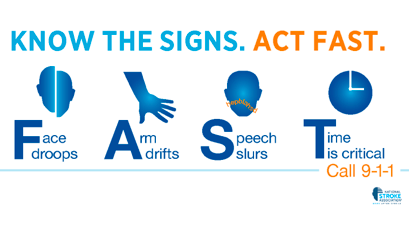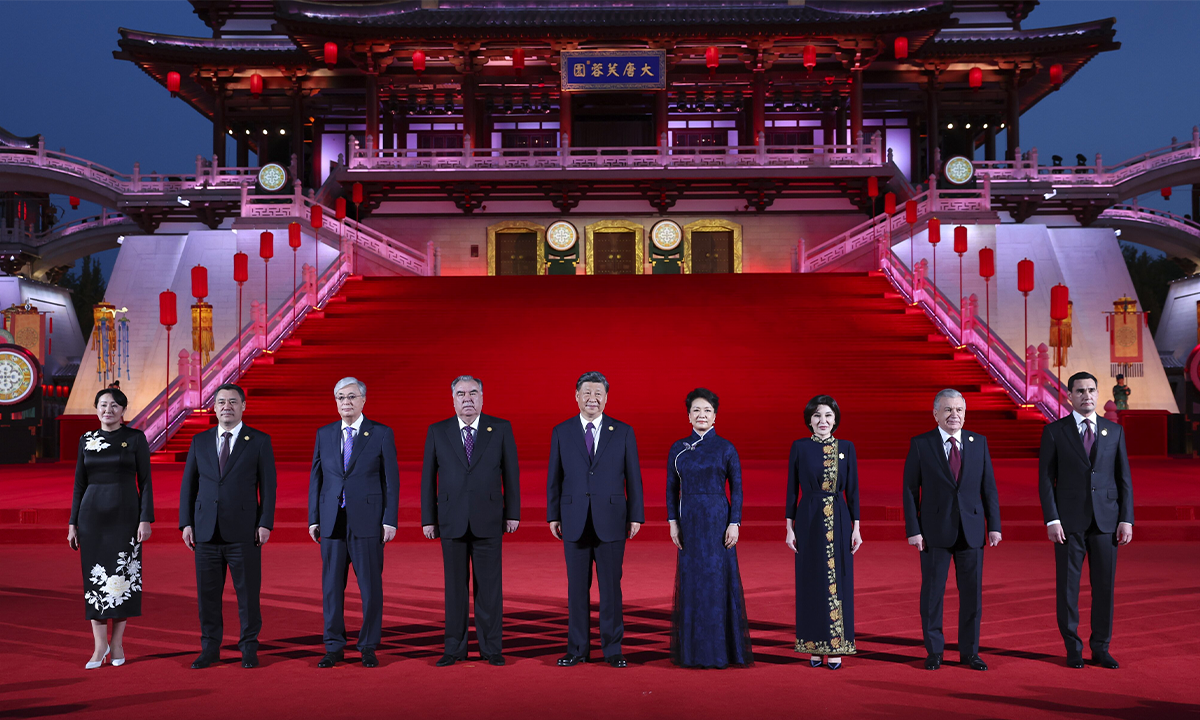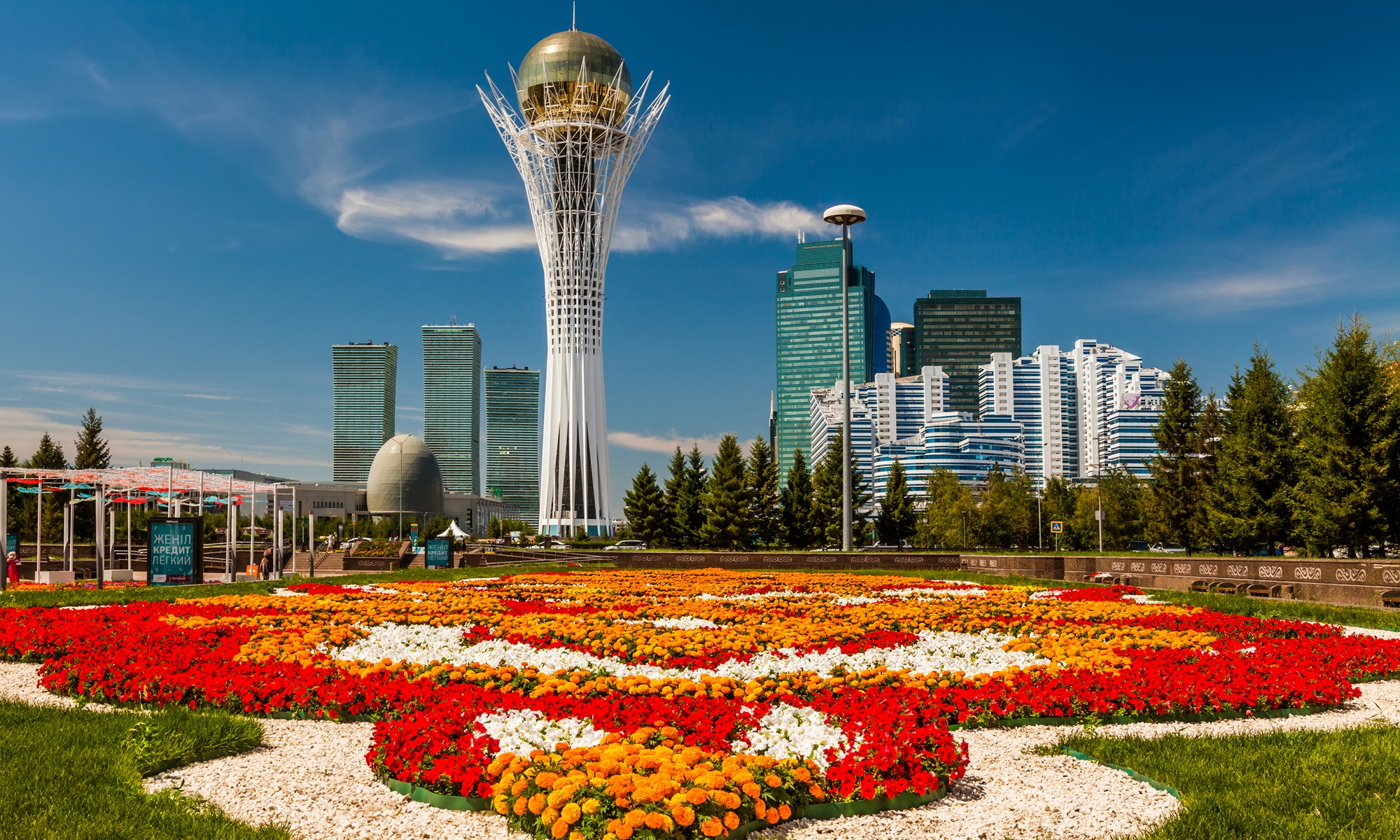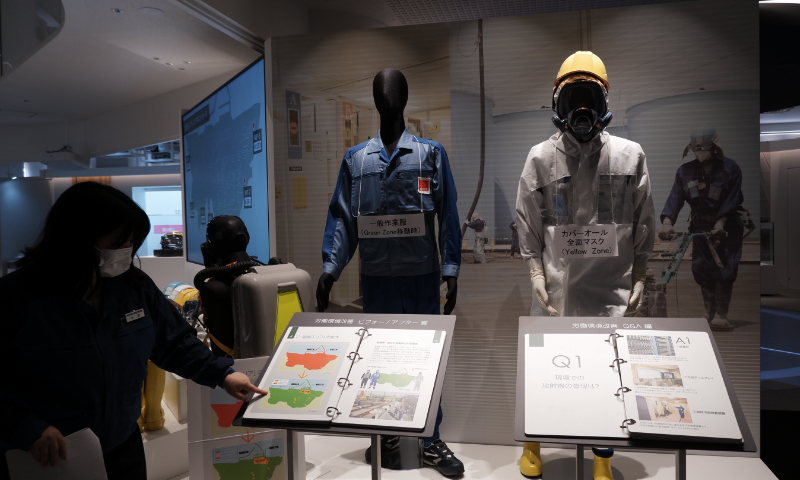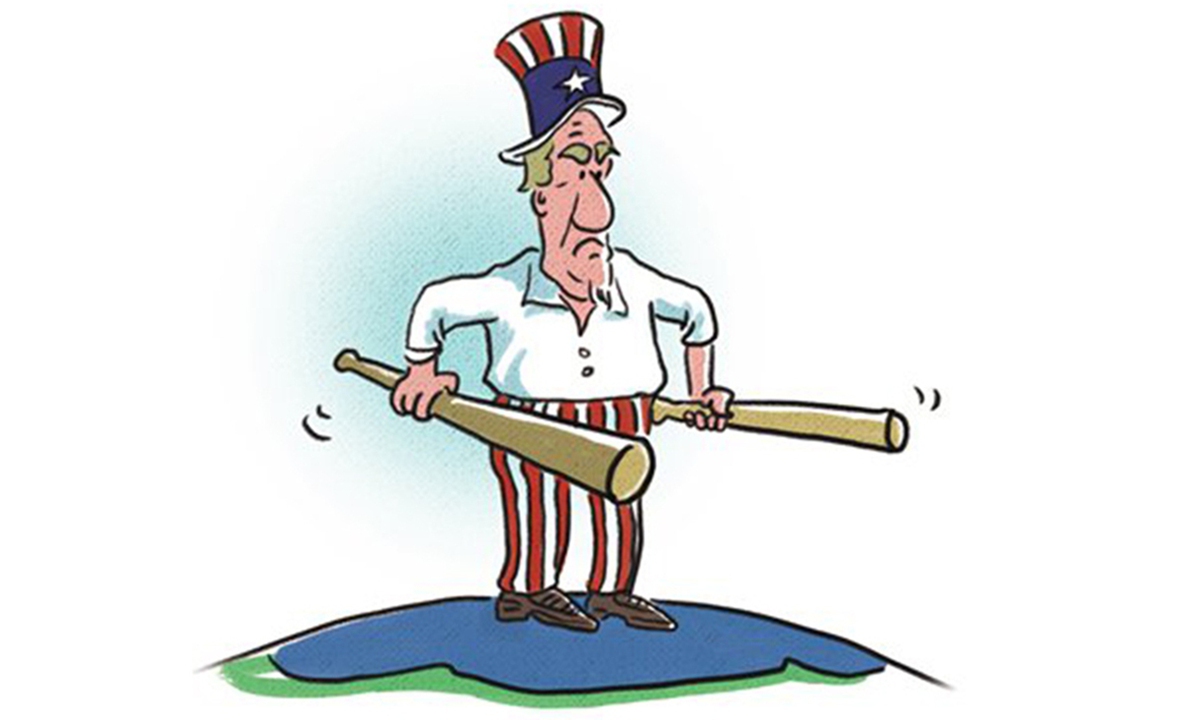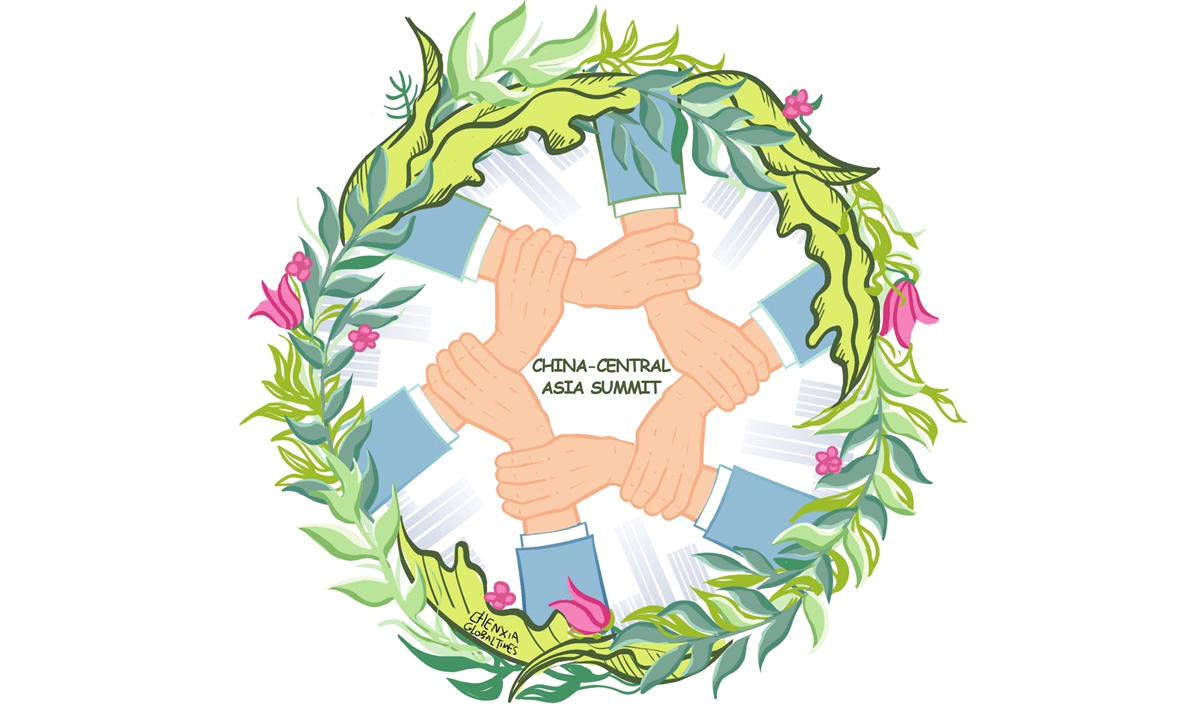PETALING JAYA: The scorching heat has forced snakes to seek refuge in human homes.
Apart from dark corners, shoes are also a potential shelter for the reptiles, as seen in a video that went viral on social media earlier this month.
Fire and Rescue Department deputy director-general (operations) Datuk Edwin Galan Teruki said the department had received 13,895 distress calls from the public seeking help to remove snakes and other wildlife from their premises in the first four months of this year.
The figure shows an increasing trend, compared to 12,013 calls received in the same period last year.
Edwin advised the public to remain calm if they spot snakes in their homes.

“Do not be rash or panic as this may threaten the snake and trigger its defence mechanism to attack.
“Be it venomous or not, be cautious and try to confine the snake in one area to make it easier for catchers to locate and remove it.
“Keep an eye on the snake from a safe distance,” he said, adding that the public could call the 999 emergency hotline for help.
Edwin added that good housekeeping could help deter snakes from entering and hiding in homes.
“Do not keep food waste in the open as it can attract rats, frogs or even lizards, which are prey for snakes.
“If you have livestock or pets, it is advisable to set up safety nets around their enclosures,” Edwin said.
In the case of a snake bite, limit movement, cover the wound with a clean cloth and never attempt to suck the venom out, he said.
As it can be difficult to determine whether a snake is venomous or not, Ecotourism and Conservation Society Malaysia president and chief executive officer Andrew Sebastian said it is best to avoid close contact altogether.
“Take a picture of the snake. In the case of a snake bite, the photo can help identify the type of snake and the correct anti-venom,” he said.
Malaysia Civil Defence Force disaster management and operations director Col (PA) Sharudin Md Zain said houses, trash disposal areas, water outlets, shoes and toilet bowls could be the hiding place for snakes.
“Fixing safety nets at windows or ventilation and water outlets can be an option.
“Snakes may also be hiding inside shoes or the toilet, so check them before use,” he said, adding that the public should avoid touching or holding the animal.
Contrary to popular belief, Malaysian Nature Society’s Selangor Branch Herpetofauna Group lead coordinator Chan Yik Khan meanwhile dismissed the myth that sulphur could keep snakes away.
“Sulphur does not repel snakes. The most effective method is to make sure that the surroundings do not appeal to them.
“Remove unused flower pots and declutter the area,” he said.
Chan said snakes are generally timid creatures and prefer tight and dark spaces to hide in when they are not foraging.
“Snakes are incredibly adapted to urban environments and they are likely living around you already.
“This is why some people occasionally find snakes resting on their curtain frame,” he said.
He said the most common urban snakes include the common wolf snake, the reticulated pythons and a couple of rat snakes.
With regard to heat, Chan said snakes are exothermic animals, which means their body temperature is regulated by the external temperature in their environment.
“Snakes will try finding shelter under cooler conditions – which includes tiled homes, as compared to urban areas devoid of shade.
“Being able to escape from the blazing sun is vital for their survival or they may overheat and die,” he said.
Related posts:
Reptiles sneak indoors to stay cool






